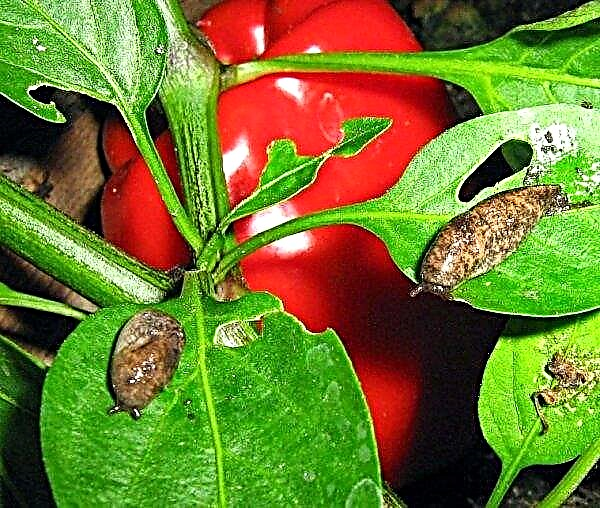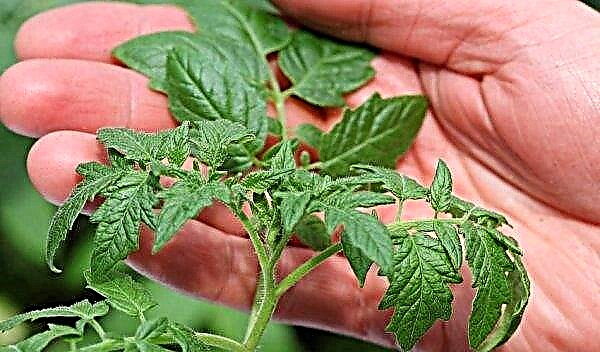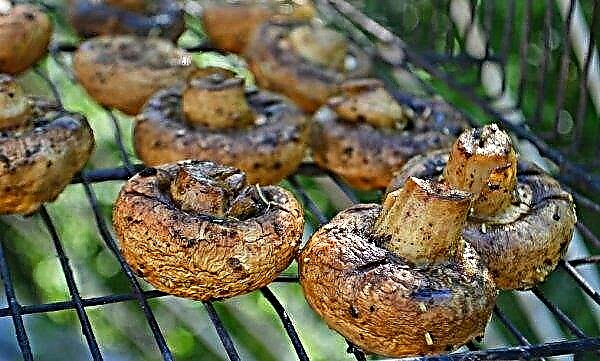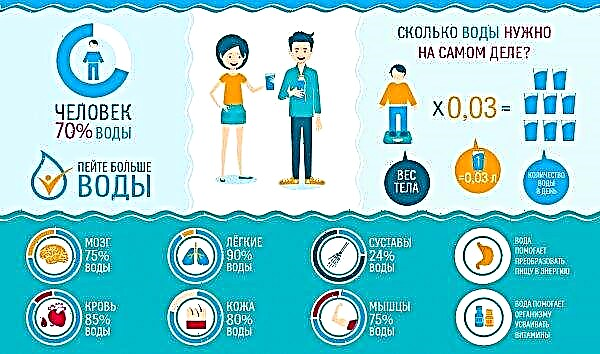According to Dutch international banking and finance company Rabobank, an unprecedented reduction in pork supplies from China will have implications for the international dairy sector as the threat of African swine fever (ASF) is increasing.
“The current ASF epidemic is expected to reduce pork production in China to 35%, leading to an increase in demand for other animal proteins,” Sandy Chen, senior dairy analyst at Rabobank, explained, and continued: “Growing demand for beef can limit milk production in China, if the culling of dairy cows is accelerated in order to fill the gap in animal protein. ”
Her colleague Mary Ledman added: “The projected reduction in the number of pigs in China will reduce the need for lactose in feed for piglets by an estimated 54,500–72,500 tons. The ASF situation in China has had a double effect on US exporters of whey, permeate and lactose, as China is the world's largest market for dairy feed, and the tariffs introduced by China caused by the trade war have reduced US competitiveness. ”
The current ASF epidemic is expected to reduce pork production in China by 25-30%, which will lead to a significant decrease in the demand for animal proteins and animal feed. Less ASF due to ASF means less demand for milk components, including milk permeate, whey permeate, whey powder and lactose.
All these dairy ingredients are used in pig farming. A drop in demand will have a negative impact on dairy prices. Although declining milk production in China tends to have a positive effect on long-term global milk prices, it is expected that stronger lowering pressure on whey complexes will have a direct impact on international dairy prices.
This will be especially acute in dairy exporting countries.












